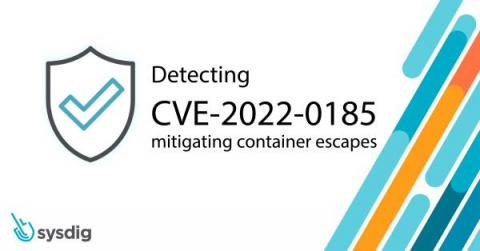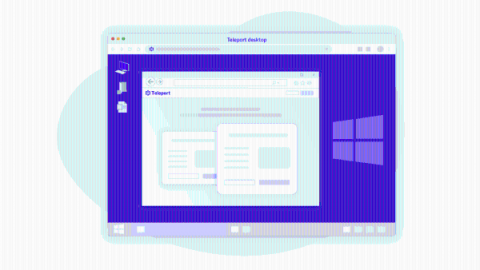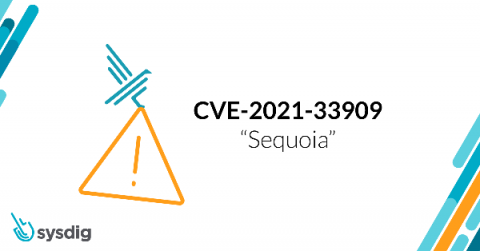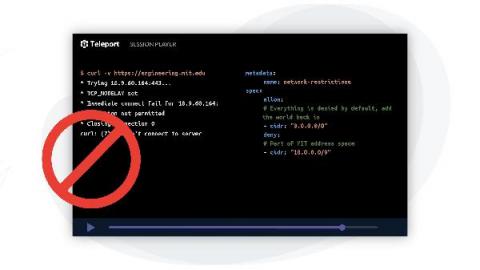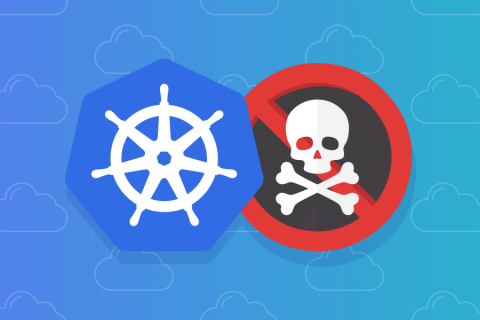CVE-2022-0185: Detecting and mitigating Linux Kernel vulnerability causing container escape
This week, Linux maintainers and vendors disclosed a heap overflow vulnerability in the Linux Kernel. The vulnerability has been issued a Common Vulnerability and Exposures ID of CVE-2022-0185 and is rated as a High (7.8) severity. The flaw occurs in the Filesystem Context system when handling legacy parameters. An attacker can leverage this flaw to cause a DDoS, escape container environments, and elevate privileges.


